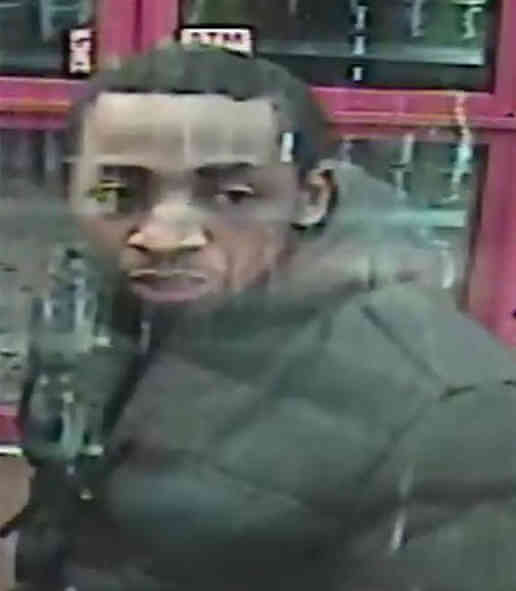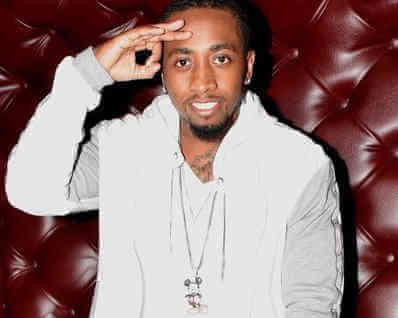A Brooklyn Supreme Court judge denied a defense motion for a new trial in the case of a Brooklyn man convicted last year on assault charges that were originally charged as anti-LGBTQ hate crimes.
“I do not find, as you do Mr. Krinsky, that there was any prosecutorial misconduct,” said Judge Donald Leo during a January 18 proceeding speaking to Barry Krinsky, the attorney for James Thomas, 34, who was convicted on November 21 on first-degree assault and other charges. At that point, all of the hate crime charges against him had been dismissed.
Thomas, an unsuccessful rapper who performed under the stage name Mousey Baby, assaulted three men in March 2017 in a restaurant near Langston, an LGBTQ nightclub in Brooklyn. He slashed one man’s face with a knife, a wound that required 18 stitches, and stabbed a second. That second man required stitches and was held overnight in the hospital. Thomas pushed the third man and menaced him with the knife. He surrendered to police soon after the attack.
The hate crime charges related to the attacks on two of the men were dismissed before trial because grand jury testimony did not support those charges. Prosecutors had expected the third man to testify in the case and so their opening statement referred to the hate crime counts related to him. That man did not appear and those hate crime counts were dismissed after the prosecution rested its case.
Krinsky argued that the reference to a hate crime prejudiced the jury and that the prosecutors, Peter Choi and Kelli Muse, knew that the third man was not going to testify. Their statements that they expected the third man to testify were “at best disingenuous, more probably a lie” and they opened “knowing full well that they could not establish that this was a hate crime,” Krinsky said.
“They, as experienced prosecutors, had to know that,” Krinsky said on January 18. “This was not a level playing field from the beginning of this case.”
Defense attorneys typically object to hate crime charges, seeing them as tending to inflame jurors’ passions and making it more likely they will convict their clients.
Following Thomas’ conviction, Krinsky filed a motion that charged that “prosecutorial misconduct” and Leo’s “erroneous rulings” had denied Thomas a fair trial and asked that the conviction be vacated and that Thomas be granted a new trial.
Leo denied the motion.
“There was good faith by the people to argue that at opening statements,” Leo said.
Muse, who heads the Hate Crimes Bureau in the Brooklyn District Attorney’s Office, said little, relying largely on the district attorney’s written response to Krinsky’s motion and referring back to arguments that had been made before Leo during the trial. She pointed out that Thomas took the stand and claimed he was acting in self-defense when he slashed one man, stabbed the second, and menaced the third with a knife.
Under New York law, defendants have to prove that they believe they were threatened with physical force when they responded with physical force. The second part of the legal test for self-defense is that a “reasonable person” would have had to have the same belief under the same circumstances. The prosecution is required to prove beyond a reasonable doubt that the defendant was not justified in using physical force.
Thomas was supposed to be sentenced on January 18, but an issue over whether or not he was a predicate felon delayed that. A predicate felon is a person who was convicted of committing a felony in the 10 years prior to committing their most recent felony. Predicate felons must be sentenced to prison.
Prosecutors had a record showing that Thomas had a felony conviction from May 2007, which puts the March 2017 felonies within 10 years, but that record was not certified. Krinsky asked for an adjournment requiring that prosecutors produce a certified record. Thomas will be before Leo for sentencing on February 1.
































